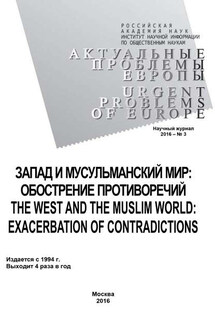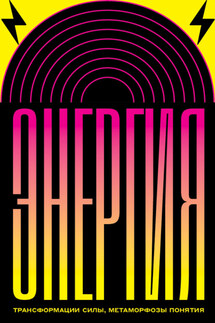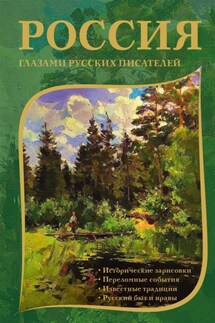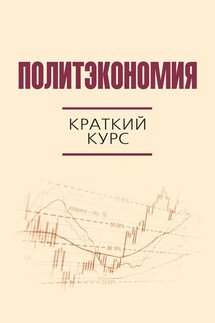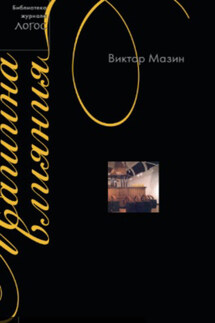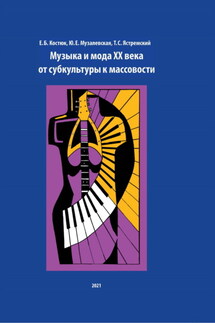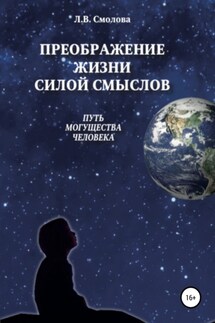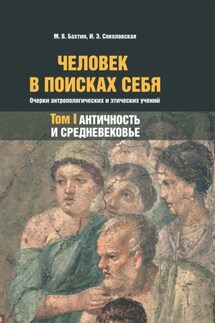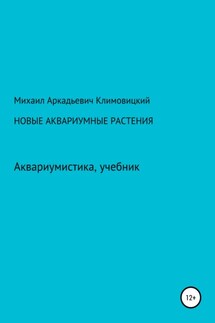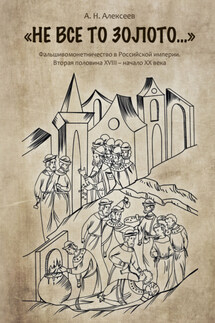Прощай, COVID? - страница 2
The usual words of gratitude to the authors and those who helped the birth of this book are not enough. Our idea to gather the “pandemic” series of texts together under one cover received approval and support from everyone we contacted from the very first attempt. The authors – philosophers, political scientists, sociologists, anthropologists – agreed on very short notice to participate. Foreign colleagues helped with all the difficulties that arise. Expert Institution of Social Researches, Moscow-based think tank, despite the obvious adventurousness of the idea (a book? a philosophical book? in two months? it can’t happen!), provided the necessary funding. Colleagues from the editorial office of the Logos journal and the Gaidar Institute Press, without asking any questions, gave us a comradely shoulder in advance and immediately agreed to be publishers. From the moment of the birth of this crazy idea to the appearance of the book layout, less than a month and a half passed, so it was truly a miracle, by any standards.
“The world will never be the same” – this seems to be the main post-COVID mantra. We do not quite agree with this. There is another world, and it exists regardless of epidemics and crises. This other world is called respublica literaria, and you are now holding the artifact from it.
Moscow Philosophical Circle,
June 2020
Scio
Что можно знать и на что надеяться?
Набросок ситуации знания в условиях пандемии
Дмитрий Кралечкин
Дмитрий Кралечкин. Независимый исследователь и переводчик, член редколлегии философско-литературного журнала «Логос»; Москва, Российская Федерация;
e-mail: kralechkin@gmail.com
В статье рассматривается конфигурация медицинского знания, сложившаяся после изгнания в XIX веке аномалий и отдающая привилегию индивидуальному пациенту, выступающему гарантом и противовесом для объективного и обобщенного знания. В ситуации пандемии эта конфигурация испытывает перегрузку, связанную как с перформативной структурой самого понятия пандемии, так и с управленческой логикой секьюритарного блефа, которая грозит сместить хрупкое равновесие. В то же время пандемия размечает границы новой эпистемической сборки, способной сохраниться и после чрезвычайной ситуации.
Ключевые слова: пандемия, ситуация знания, Кангилем, частный пациент
DOI: 10.22394/978-5-93255-592-7_1
What Can We Know and What May We Hope for?
The Epistemic Condition of a Pandemic
Dmitriy Kralechkin
Independent scholar and translator, contributing editor of philosophical literary journal “Logos”; Moscow, Russian Federation;
e-mail: kralechkin@gmail.com
The article analyses the general setting of medical knowledge, which includes and privileges the individual patient’s position. In a pandemic, this setting suffers from overstretching that produces drastic changes, shifting the equilibrium that has been achieved by emphasizing an individual private observer, eliminating anomalies and generalizing knowledge. The pandemic threatens to overturn this fragile equilibrium, but, at the same time, may sketch a new epistemic assemblage.
Keywords: pandemic, epistemic condition, Canguilhem, private patient
DOI: 10.22394/978-5-93255-592-7_1
Когда мы спрашиваем «Чем я болею?» или «Чем болеешь?» и даже просто «Я болею или это ерунда?», в определении самого факта болезни и ее качества задействуются три основные линии адресации вопроса, три оси, которые определяют выявления болезни как таковой.
